blog
Book Review: The Name We Hold by Luca Iovino
The house represents the place through which the subjective need to organize the territory is satisfied. Space is a substantial need. A physical place but also a mentalized, symbolic one. An essential situation for the birth of identity. The house is a sort of intermediate place between the internal and external world of the person. Gaston Bachelard, a French philosopher, defines the house as a space that encloses and compresses time through memory and imagination. It is this ancestral space that becomes an echo and container of the values of intimacy kept in our inner world.
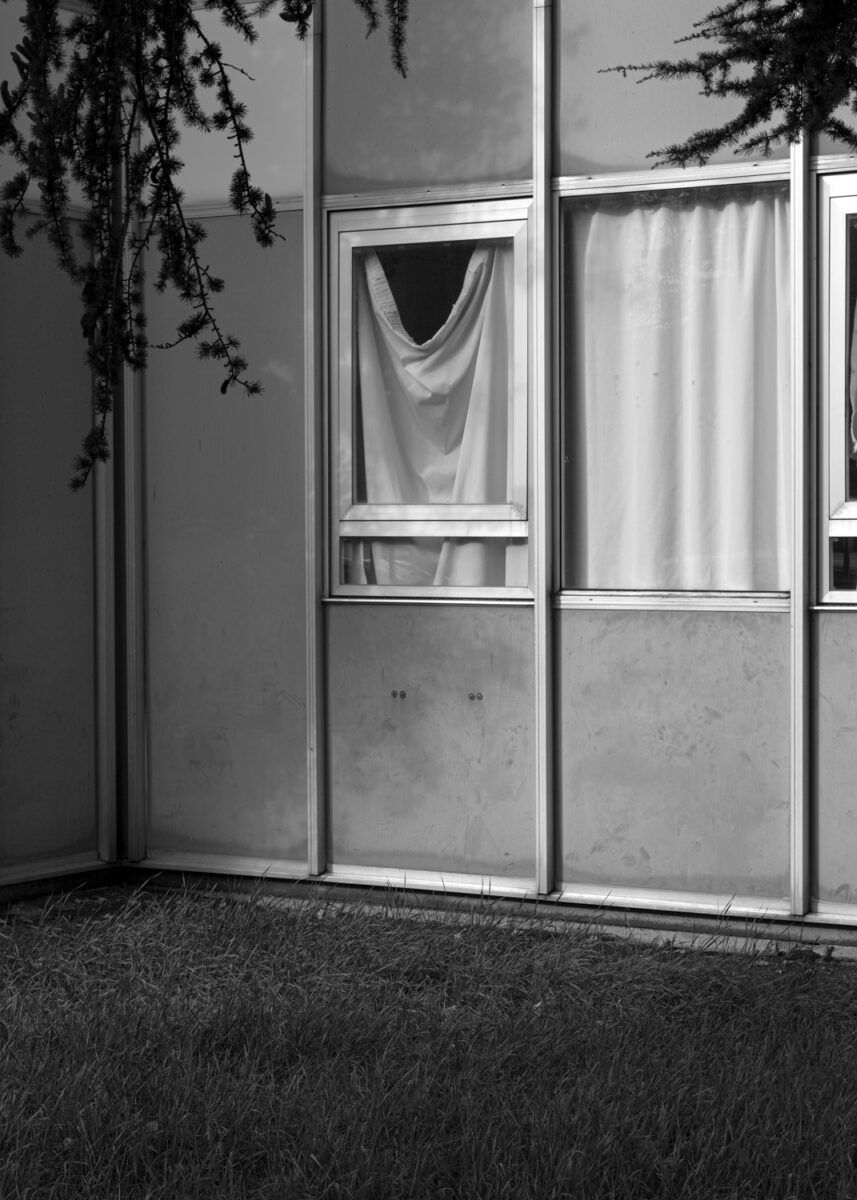
The Name We Hold ©Luca Iovino
The Swiss psychiatrist, psychoanalyst, anthropologist and philosopher Carl Gustav Jung, in a dream of 1909, interprets the house as a symbol of the Ego structured through many levels of consciousness: “It was clear to me that the house represented a kind of image of the psyche, that is, of the condition in which my consciousness was then, with the addition of the unconscious relationships acquired up to that time. Consciousness was represented by the living room […] with the ground floor began the real unconscious. The further down I went, the more alien and obscure it became.”
Even on a psychopathological level, the house can express important indicators. The drawing produced by a child provides elements of evaluation of his personality: a large house with a smoking chimney, for example, will reveal an extroverted character and a good communication relationship, while closed windows will express a closure to relationships with the outside world.
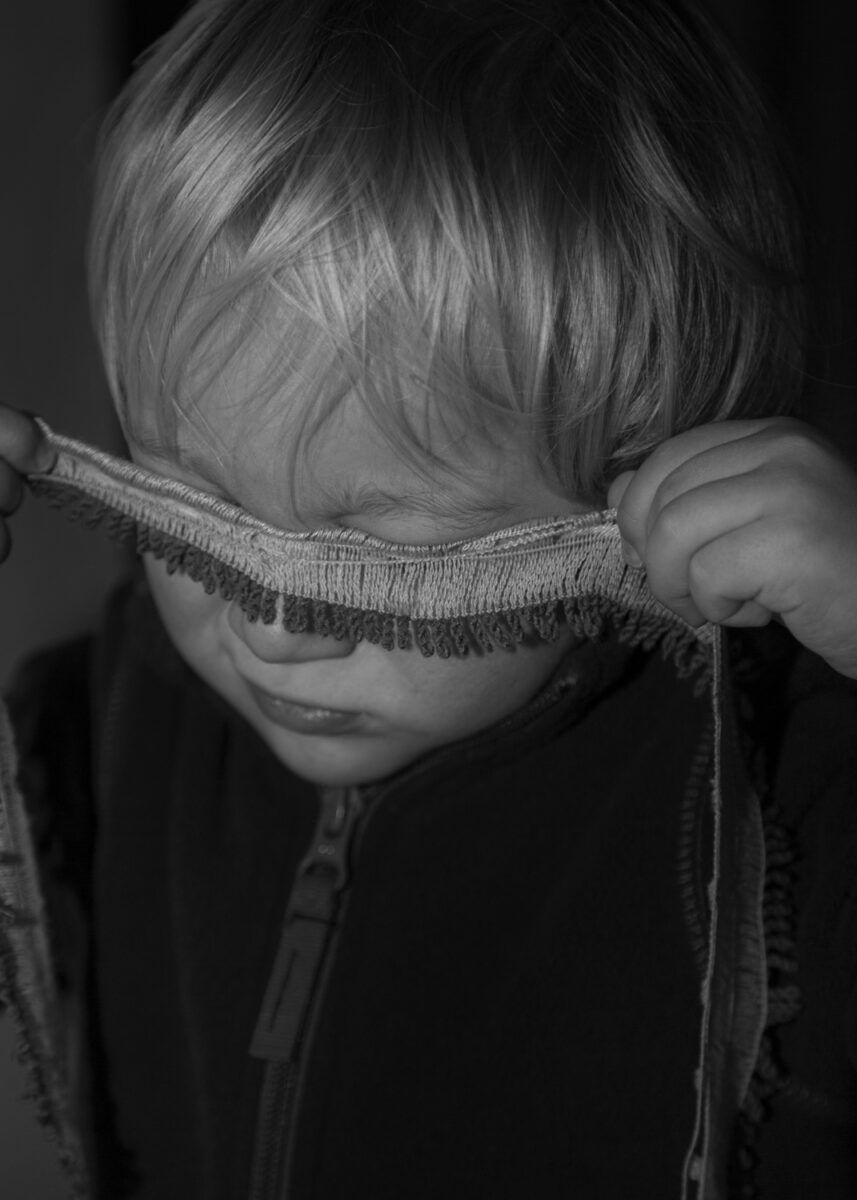
The Name We Hold ©Luca Iovino
The more the years pass, the more the bond with the house strengthens, until it becomes a topography of our intimate being, linked to memories, to the course of our life, to the memory of our loved ones. Memory does not reside only in people but also in the houses in which they lived. The home is not only an environment that we shape in our image, but it is also a place that shapes us. Objects, furnishings and spaces influence us profoundly, creating a deep and intimate bond between us and our domestic environment.
“I wanted to place the objects we own in a central position in the story, as if they themselves were part of that baggage of experiences that lead to the definition of the self. The objects thus become the meeting point between what we are and what we choose, between us and our space. The outside and the inside.
All this therefore passes through the definition of the environment, the casing within which we preserve memories and cradle dreams. Our home.”
[Luca Iovino]

The Name We Hold ©Luca Iovino
The very fact of leaving his home, due to a move to another city, is the occasion that pushed Luca Iovino to reflect on what he would have liked to bring with him, to think about the detachment from certain “things”, to reflect on the sense of home. To develop The Name We Hold. The shots, in black and white, tell of everyday objects that, through the eye and creativity of the photographer, find a new intended use. There are books that become constructions, piles of glasses that make up spinal columns, nailed wooden planks that become totems.

The Name We Hold ©Luca Iovino
The house becomes a set in which objects remain suspended in the air. Probably over time. There are gestures that, through photography, take on a symbolic value. Like, for example, climbing a ladder. There are human figures that lose their subjective value, in favor of an emotional vision integrated with domestic environments. Through the interaction with objects that attract our curiosity, and lead us to question their role in the artist’s history. A mane of curly hair that “overflows” from a pillow, a child who interacts with a finish by covering his eyes.

The Name We Hold ©Luca Iovino
“The name we hold has strong roots in my life, which tells of the many journeys I have undertaken.
I was born in Verona in 1983, seven years later I moved to Naples (my parents’ city), I lived there for twenty years and then moved first to Rome, then to Milan, Turin and finally to Florence.
I have always carried this sense of precariousness within me, the desire to identify myself in a city that I considered truly mine, a neighborhood in which to find a sense of community, a home to consecrate as definitive.
This project also tells of this lack, the desire to be able to identify myself in something that is not always projected towards elsewhere, the feeling of always being in two different places at the same time.
The house seen as such a complex, stratified universe is a mirror that reflects a sense of my life, which perhaps has now finally found a place in the world.”
[Luca Iovino]
There is an observing, a putting in order, a metabolizing. There is a re-proposing. Or proposing an ideal version. There is a house, a memory, a transition, a road and then a new house. And there is a puzzle that is dismantled and rebuilt, without losing its meaning. Making The Name We Hold a work that, starting from reflecting on the concept of home, leads us to embrace that of change. A change that can frighten but, at the same time, whose novelty we must consider the beauty of.
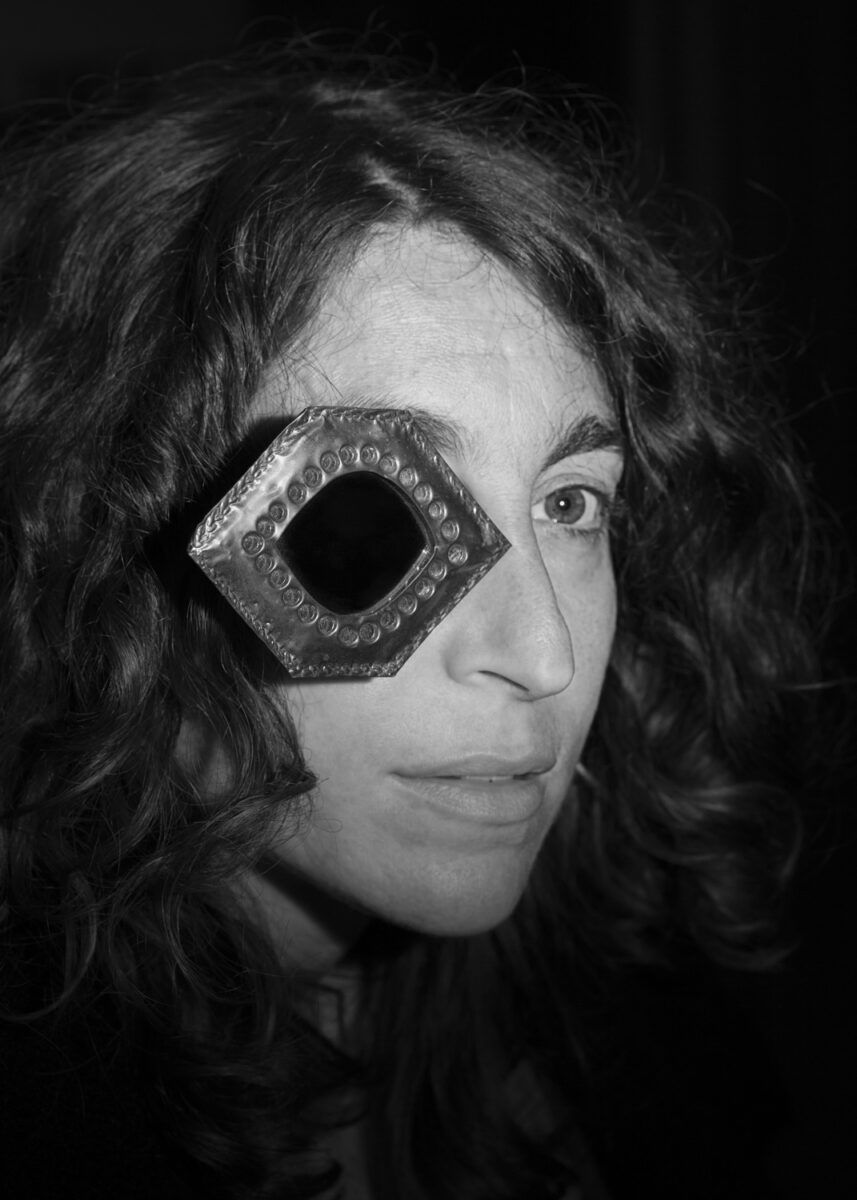
The Name We Hold ©Luca Iovino
“During its creation Nora, my second daughter, was born. I always thought it was a particular coincidence, a birth that tells my most private self that the right path never ends in a house, but in what we consider home, a point to embrace the infinite, our journey home.”
[Luca Iovino]
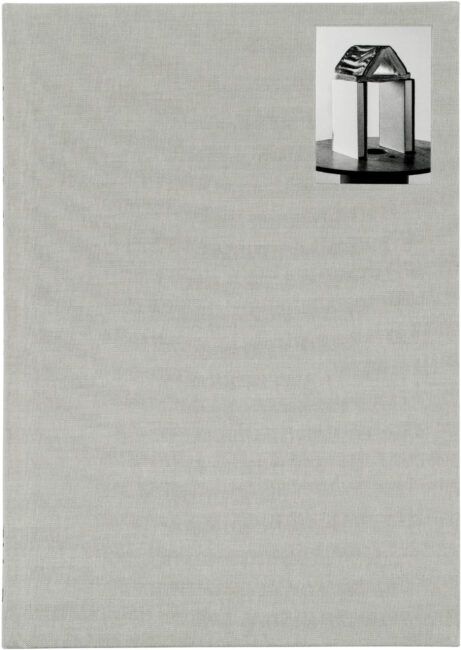
The Name We Hold
By Luca Iovino
September 2024
14,8 × 21 cm
112 pages – clothbond debossed hardcover with tip-in image
56 black and white photographs
Published by Diskobay Books
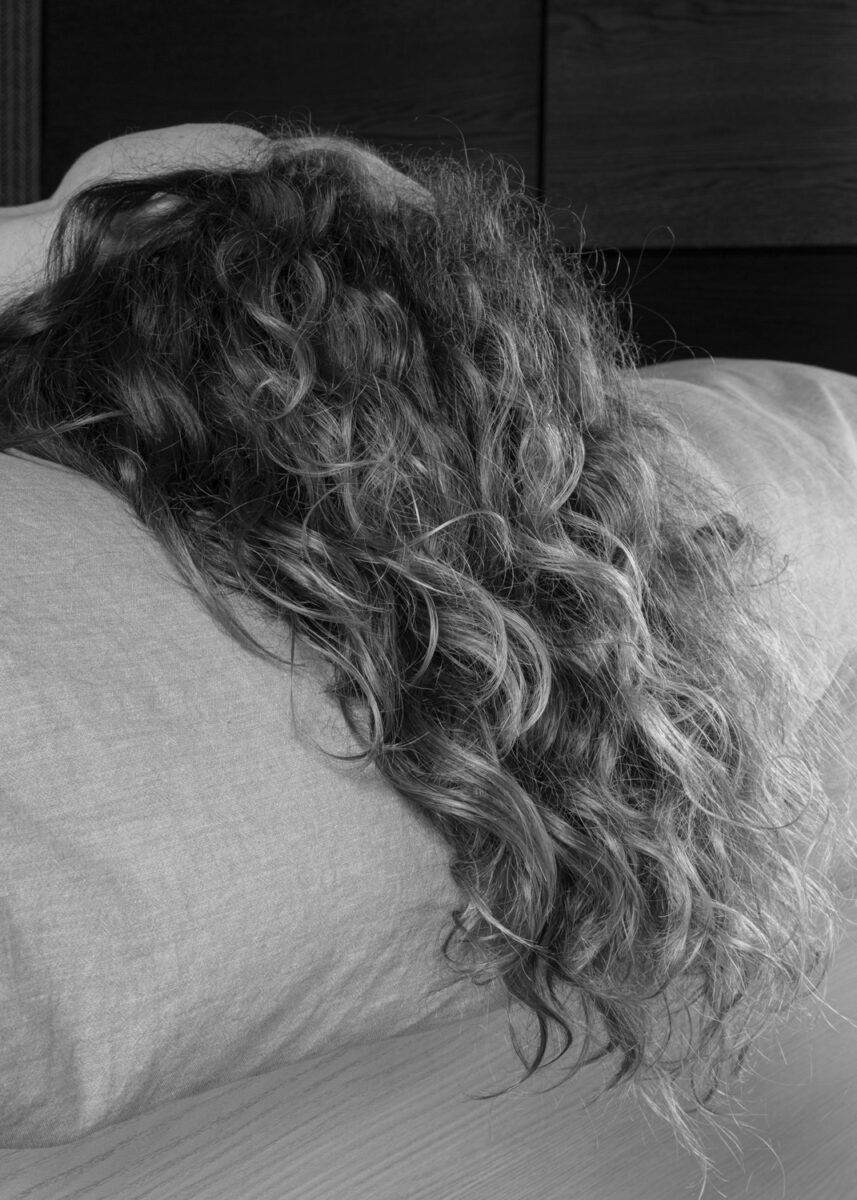
The Name We Hold ©Luca Iovino
Location: Online Type: Black and White, Book Review, Documentary, Hom, home
Events by Location
Post Categories
Tags
- Abstract
- Alternative process
- Architecture
- Artist Talk
- artistic residency
- Biennial
- Black and White
- Book Fair
- Car culture
- Charity
- Childhood
- Children
- Cities
- Collaboration
- Community
- Cyanotype
- Documentary
- Environment
- Event
- Exhibition
- Faith
- Family
- Fashion
- Festival
- Film Review
- Food
- Friendship
- FStop20th
- Gender
- Gun Culture
- Habitat
- Hom
- home
- journal
- Landscapes
- Lecture
- Love
- Masculinity
- Mental Health
- Migration
- Museums
- Music
- Nature
- Night
- nuclear
- p
- photographic residency
- Photomontage
- Plants
- Podcast
- Portraits
- Prairies
- Religion
- River
- Still Life
- Street Photography
- Tourism
- UFO
- Water
- Zine

Leave a Reply